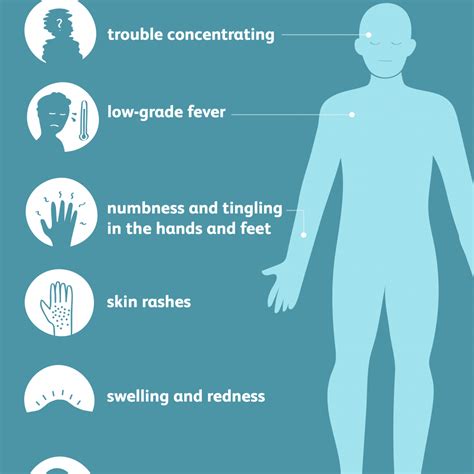Autoimmune arthritis is a condition characterized by inflammation of the joints due to an overactive immune system. This type of arthritis is distinct from others, with its own set of symptoms and treatment methods.
Some of the general symptoms associated with autoimmune arthritis include fever, joint pain, stiffness, swelling, and weakness. These symptoms can vary among the different types of autoimmune arthritis. For instance, Verywell Health emphasizes that symptoms such as unintended weight loss, fatigue, and weakness are often present. Additionally, Healthline notes that the same symptoms often manifest on both sides of the body, like in both hands or knees.

Rheumatoid arthritis (RA) is a specific type of autoimmune arthritis. Early RA usually impacts smaller joints first, such as the ones connecting fingers to hands and toes to feet. As the disease progresses, symptoms often extend to larger joints like wrists, knees, and elbows. Medical News Today highlights that in RA, there can be periods where symptoms intensify (flares) and periods where they subside (remission).
In contrast, Mayo Clinic explains that osteoarthritis is caused by the breakdown of cartilage, the hard and slippery tissue covering the ends of bones in a joint. The primary symptoms of arthritis, in general, are joint pain and stiffness, which often aggravate with age.
It’s crucial to understand the differences between these types of arthritis for proper diagnosis and treatment. For more detailed information on RA, the CDC provides insights into its signs and symptoms.


